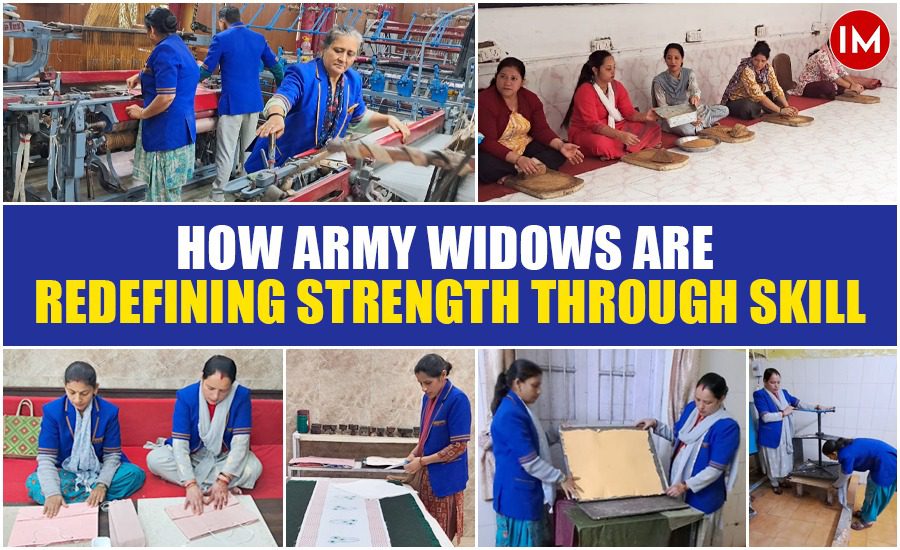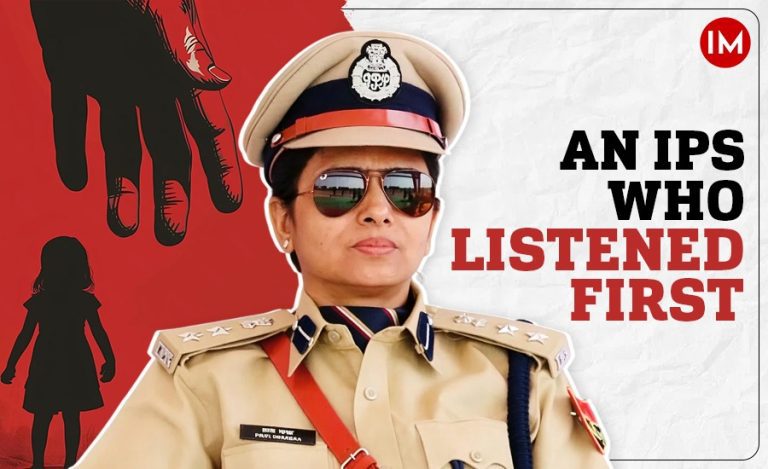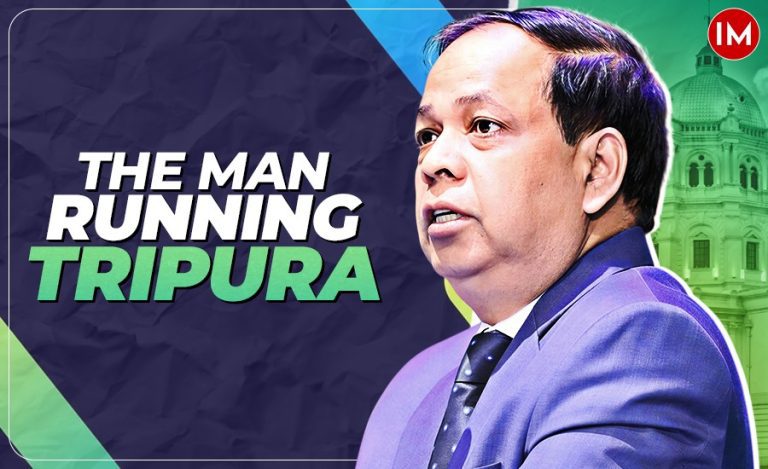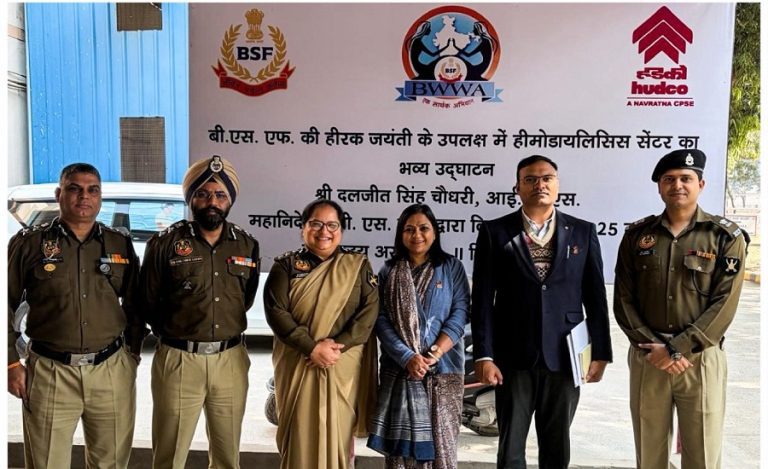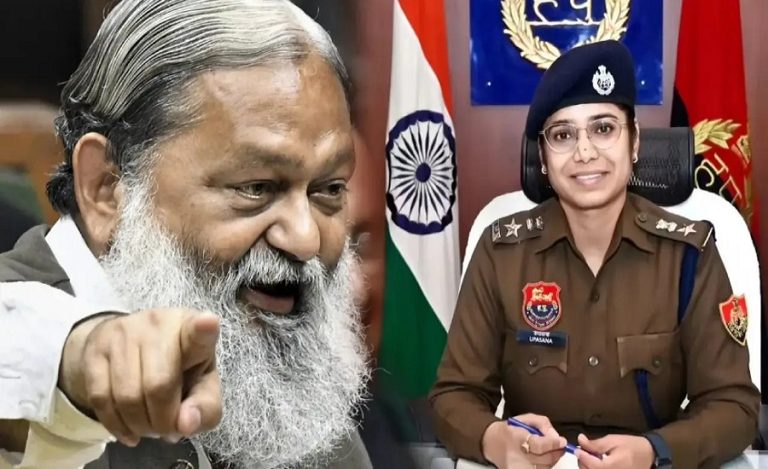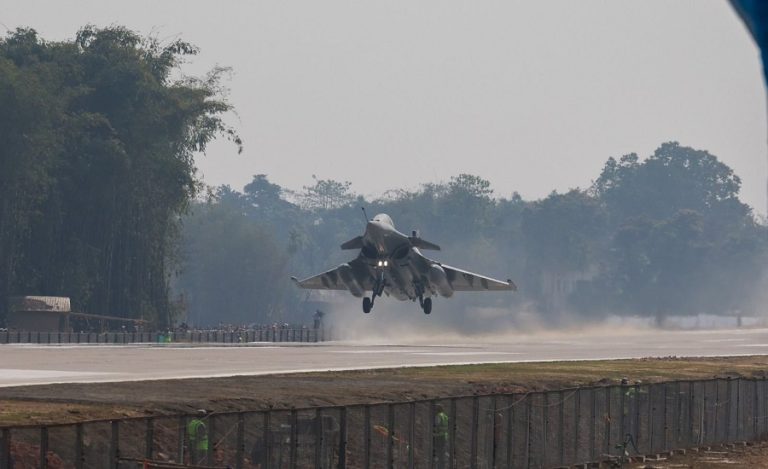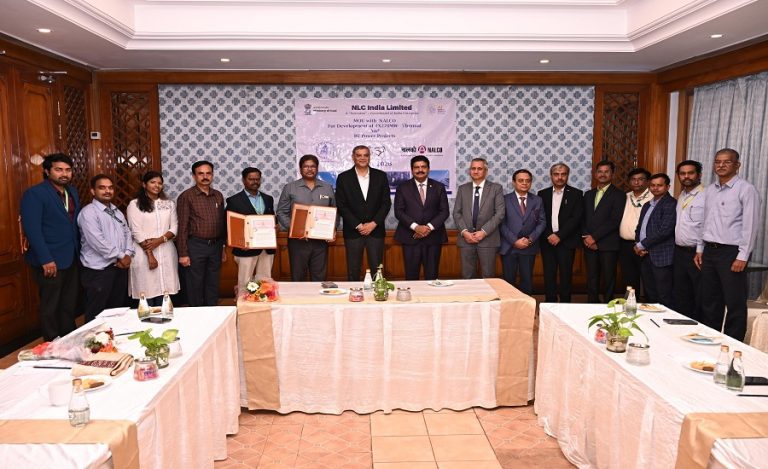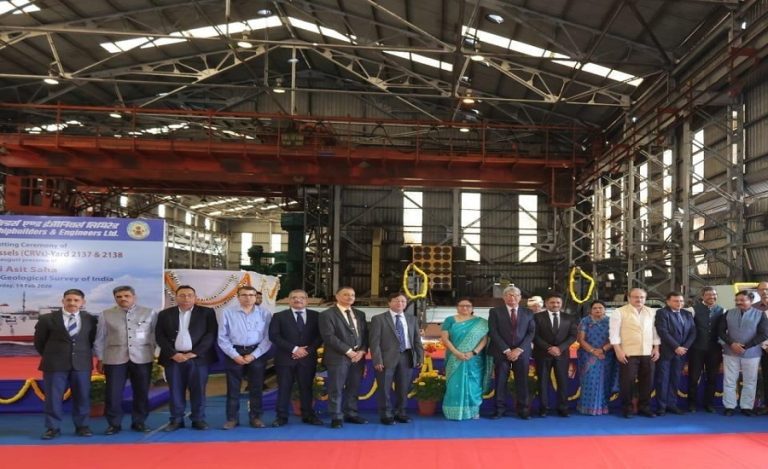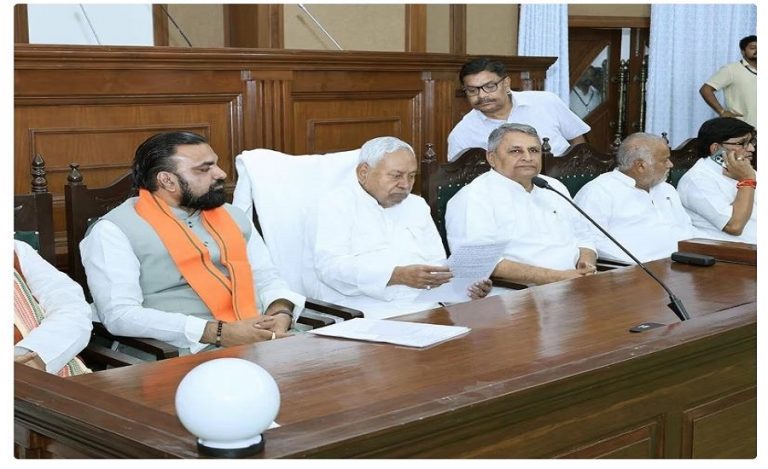In the quiet hill town of Lansdowne, where pine trees whisper stories of courage and sacrifice, a quiet transformation is unfolding. At the Bhulli Sashaktikaran Kendra (BSK) — a skill development centre established by the Garhwal Rifles Regimental Centre (GRRC) — widows of soldiers, known as Veer Naris, are finding new meaning in their lives.
What began as a welfare initiative has grown into a powerful movement of self-reliance and dignity. The Kendra is not just teaching trades like tailoring, weaving, and computer literacy; it is nurturing confidence and financial independence among women who have endured the deepest personal losses. The Garhwal Rifles shared the details in an exclusive conversation with Indian Masterminds.
FROM LOSS TO LIVELIHOOD
Among the many stories that fill the corridors of BSK, Kamla Devi’s stands out. The wife of a soldier from the 16 Garhwal Rifles, she lost her husband years ago in a counter-insurgency operation. For a long time, she lived quietly, depending on her pension and focusing on raising her children. Her daughter got married, and her son moved to the city for work. Alone in the hills of Lansdowne, she struggled to find purpose and routine.
It was then that she was approached to join the Bhulli Sashaktikaran Kendra. Initially hesitant, Kamla enrolled in the shawl section, where women are trained to make woollen products, stoles, and traditional Garhwali wraps. What started as a learning exercise soon turned into a passion.
Over time, Kamla mastered intricate design techniques and began producing her own creations. Her monthly earnings gave her financial stability, but more importantly, the work gave her confidence and companionship.
“I no longer wait for help. I stand on my own feet,” Kamla says with quiet pride.
Today, she mentors other Veer Naris who walk through the doors of BSK, guiding them to use their skills for economic independence. Her story reflects the larger transformation taking place — where women are reclaiming their space in society through skill, not sympathy.
“Bhulli Sashaktikaran kendra, Lansdowne is dedicated to empowering Veer Naris and local women by equipping them with skills in stitching, weaving, shawl making, and other trades, fostering economic independence, self-resilience, and sustainable livelihoods,” Brigadier Vinod Singh Negi, VSM
Commandant, GRRC told Indian Masterminds.
EMPOWERMENT BEYOND TRAINING
The Bhulli Sashaktikaran Kendra has grown far beyond its original scope. What started as a small effort has become a structured model of economic and social empowerment.
1. Economic Empowerment
The BSK offers vocational programmes in stitching, computer training, food processing, and handicrafts. Tracking pre- and post-training income levels shows a steady rise in financial independence among women. For many, this is their first experience of earning an income outside the household.
The products made at the Kendra — from woollen shawls to homemade pickles, juices, and spices — are sold locally to residents, tourists, and even government departments. This not only generates revenue but also circulates money within the Lansdowne region.
2. Social Empowerment
The transformation goes beyond money. Women who once had little say in family matters now contribute to decisions related to their children’s education, savings, and healthcare. Kamla Devi’s example is widely cited — her ability to fund her daughter’s wedding and support her family with her own earnings is a powerful message of independence.
Many Veer Naris no longer see themselves as dependents. They now stand as contributors to their families and communities — respected, confident, and purposeful.
3. Community Development
BSK’s efforts have a ripple effect on the local economy. The locally produced goods have built a small but strong ecosystem of self-sustaining micro-enterprises. NGOs, local institutions, and Army units procure items directly from BSK, creating consistent demand and reinforcing community-level growth.
4. Emotional and Psychological Well-being
Perhaps the most understated achievement is emotional healing. The Kendra has given Veer Naris a shared space — a place where work replaces isolation. Here, conversations are about creativity, designs, and ideas rather than loss and loneliness.
Through daily interaction and productivity, these women rediscover joy and self-worth.
GENERATIONS CHANGING TOGETHER
The change that began with mothers is now extending to their children. A quiet generational shift is taking place in the families of Veer Naris and troops around Lansdowne.
Interest in Skill Building:
Children, especially daughters, are inspired by their mothers’ participation at BSK. Many have shown interest in learning computers and English communication, with upcoming courses in bakery and tailoring expected to include more youth participation.
Educational Aspirations Rising:
With their mothers contributing to household income, children are continuing their education instead of dropping out. In one instance, a Veer Nari’s son—inspired by his mother’s tailoring work—pursued a diploma in fashion technology in Dehradun.
Changing Attitudes Toward Women’s Work:
Children now see their mothers not just as caregivers but as entrepreneurs. This change in perspective is shaping a generation that values equality and self-reliance.
This intergenerational empowerment ensures that the change sparked by one initiative doesn’t stop with one generation — it evolves into a sustainable culture of growth.
THE CHALLENGES THAT PERSIST
Despite its achievements, the Bhulli Sashaktikaran Kendra faces challenges that limit its reach.
1. Geographic and Transport Barriers:
The villages surrounding Lansdowne are spread across steep terrains and valleys. Poor road connectivity and infrequent public transport make it difficult for women from remote areas to attend training regularly. Monsoons bring additional challenges with landslides and road closures.
2. Household Responsibilities:
Many women juggle childcare, elder care, and farm duties. Fixed training hours often clash with these responsibilities, leading to irregular attendance or dropout.
3. Language and Literacy:
Basic literacy remains a barrier for some courses, especially computer training. The Kendra is now planning foundation-level modules to help women bridge this gap before taking advanced courses.
4. Shortage of Trainers:
Skilled instructors are difficult to find locally, and experts from cities often hesitate to travel to remote areas. In some cases, families of JCOs and officers have stepped in voluntarily to share their expertise and keep training uninterrupted.
To overcome these challenges, the GRRC is exploring mobile training units, travel subsidies, and SHG-led awareness programmes to reach women in far-flung villages.
BUILDING A SELF-RELIANT ECOSYSTEM
The vision for the next decade is ambitious yet achievable. The GRRC plans to transform the Bhulli Sashaktikaran Kendra into a Centre of Excellence for women’s skill development under the National Skill Development Corporation (NSDC) and PMKVY.
1. Certified Skill Development:
Courses will be expanded and accredited nationally to ensure that the skills learned are formally recognized, opening opportunities for employment and entrepreneurship.
2. From Training to Production:
BSK is moving toward a cooperative model—where women not only train but also work in production units that generate income. Tailoring and shawl-making sections aim to supply to Army canteens, NGOs, and tourism outlets, positioning Lansdowne as a regional brand for quality Garhwali woollens.
3. Branding & Market Expansion:
Plans are underway to launch a “Made by Veer Naris of Lansdowne” label—a brand that symbolizes strength, skill, and authenticity. Collaborations with e-commerce platforms like Amazon, Flipkart, and ONDC, along with CSD canteens and Uttarakhand handicraft stores, will help these women access larger markets.
4. Partnerships for Growth:
The GRRC is seeking partnerships with Army Welfare Organisations (AWWA, Sainik Boards, ECHS) and CSR initiatives for funding, logistics, and digital training. Tourism boards are also being approached to integrate local crafts into Lansdowne’s tourism circuit.
5. Satellite Centers:
Satellite training centers are being planned in nearby districts like Pauri Garhwal and Srinagar, ensuring that no woman is left behind because of geography.
A LEGACY OF EMPOWERMENT
The Bhulli Sashaktikaran Kendra, Lansdowne, stands today as a living example of what structured empowerment can achieve when combined with compassion and vision. It has turned welfare into self-worth, and support into sustainability.
Each shawl stitched, each pickle jar sealed, and each computer key pressed is a reminder that empowerment is not charity — it is the restoration of confidence and capability.
What makes this journey remarkable is its quiet simplicity: women helping women, learning together, earning together, and building lives of dignity.
As Kamla Devi says, with a gentle smile that carries both loss and pride —
“We were once known as the wives of soldiers. Today, we are known by our own work.”
And that, perhaps, is the most profound measure of empowerment — when courage finds a new form, not on the battlefield, but in everyday life.

